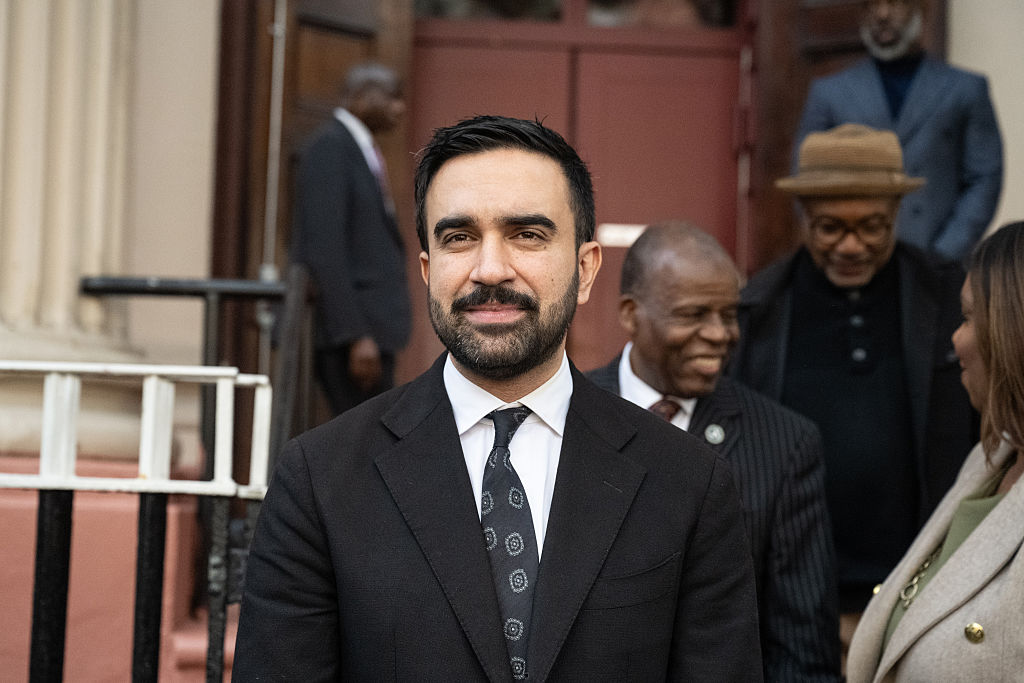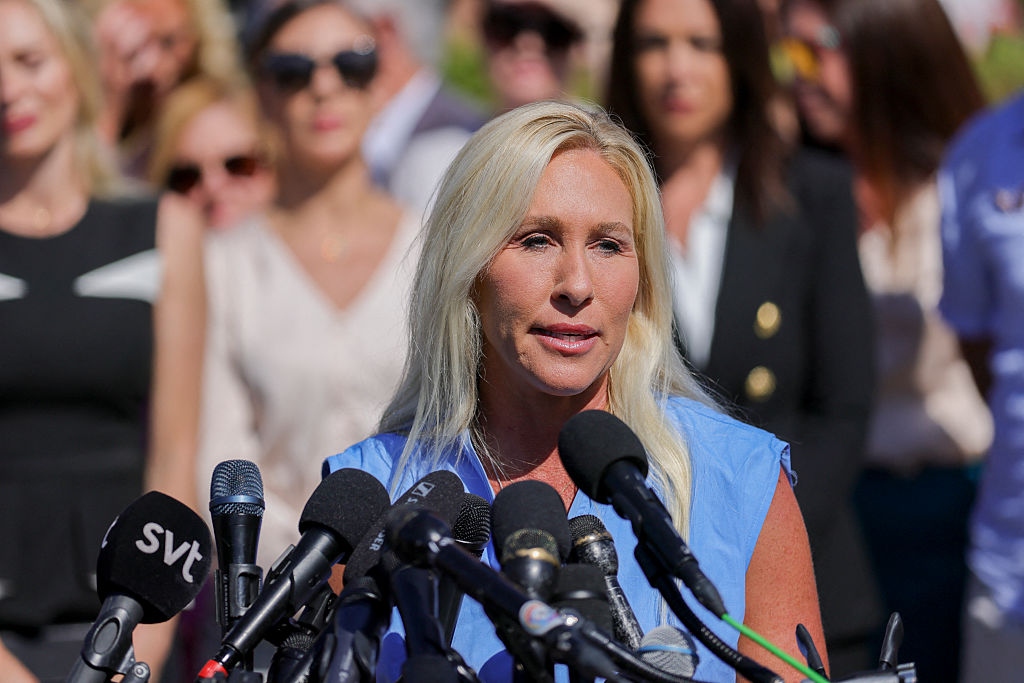Finding fault takes finesse. Oh, anybody can complain. We are a nation of complainers, carping at everything from breakfast vittles to late-night TV. We complain about our politicians, our prognosticators and our pop stars. But these complaints run like water down a windowpane in the same old channels to the same wet destination. Finding fault — finding new faults in a familiar subject — is much harder. It takes talent.
It takes a critic.
I am well aware that these days a lot of Americans complain that we are too divided. The nation bristles with parti pris. We revile the exponents of political views opposed to our own. We sneer at their provincialism, their pissant pettiness and their lack of civility, for which they should rightly be crushed. This discord, to be sure, is uncomfortable, but consider how much harder it would be to live in amity with legions of people who share all of your dispositions and considered views. It would be a world without edges, a vast plain of sameness.
In my many years as a professor of anthropology, I never found a tribe so small that it had dispensed with division. The smallest of them, consisting of perhaps a few dozen people, would be divided into moieties — an old English word for halves. This served as a social convenience, as each person would marry someone from the other half, but it also provided a way to think about the whole world. The Sun might belong to one half and the Moon to the other. More importantly, it provided rich material from grumbling and disagreement. Moieties routinely argued over which came first in the order of creation, and which controlled the most important magic.
Human social organization can become much more complicated than this two-part division. Tribes, clans and lineages; castes and confederations; nations and empires discover a multitude of ways to set people in opposition. It is what we do. Since the days of Cain and Abel, or the confrontations of Homo sapiens and Homo neanderthalensis, we have been sharpening ourselves by sharpening our differences, along with our stone axes.
Which is to say that our national divisions have a wonderfully ancient warrant. We should not wish them away. Holding a grudge against the imbeciles on the other side is natural and elevating. We could hardly experience our own goodness if we lacked the example of their debased, selfish and miserable lives. I would urge you to keep this mind the next time somewhat invites you to “see the other fellow’s point of view,” or look for the middle ground. From time immemorial, the middle ground was the place for ambushes and battles, as well as the graveyard of hapless peacemakers.
Not that I would urge the natural animus we feel for the benighted people on the other side to turn towards bodily harm. We’ve tried that in ages past, and it has proved unsatisfactory. The Hatfield and McCoy approach to maintaining a proper disrespect for the other side is self-limiting. You ought to hold your opponents in the disdain they deserve, not grant them the gift of battle scars and noble sacrifices.
This, of course, poses some hard problems. What is the best way to exhibit your side’s righteous superiority? Complaining, as I’ve suggested, descends into dreariness. The complaints you have about the execrable other side deteriorate to the same level as your cavils about cold weather and your quibbles over customer service. These are symptoms of midwinter malaise, not soul-fulfilling fulmination against the great injustice posed by the other side’s perduring presence. For that — we need a critic.
I have written this, of course, as though the moieties are equal, or at least equivalent in the larger scheme of things: cosmic equals, despite their quotidian differences. But we all know this is artificial. In reality, one side is mostly good, and the other mostly bad, and those who temporize between the two are dull, confused and too delicate to be counted on. What really matters is which side you pick, though that is not the best phrasing. You do not so much pick a side; you realize which side you are on when you find yourself sufficiently repulsed by the other. This is where defining events come into play.
You realize you are willing to countenance a riot — whether it is Portland or the Capitol — as long as it’s your team. You favor or disfavor the same policy depending on which party promotes it. You discover that some truths you once thought as solid as mountains have melted away like after-dinner ice in your dew-dropped goblet.
I don’t mean to put myself outside the fray. I know perfectly well in what political moiety I belong, and I don’t conflate the two sides (or the figment of many sides) as moral equivalents. The differences are more than superficial. They go deep into the realities of what kind of character we aspire to and what kind of country we are. I’ve taken sides publicly, rejecting the proposition that American arose out of deep-seated racism and the institution of slavery. In 1620: A Critical Response to the 1619 Project, I made the best case I could that Nikole Hannah-Jones and her outfit were not just mistaken in their historical facts, but were consciously intent on creating a mythology that would further the political project of advancing racial grievance. And I am gratified that my book has played a significant role in rousing public opposition to “Critical Race Theory” in the nation’s schools. In Wrath: America Enraged, I laid forth my view that the American left’s attempt to squelch complaints about the 2020 presidential election and its authoritarian response to the events of January 6, have primed the country for turmoil.
This is only to say that I own my part in the great discontents, and I want to further them if I can — but not with the goal of conquering. I’d be content to drive the other side back to its camp on the other side of the river, where its supporters can grieve and grumble for a generation and perhaps rethink whether pursuing an un-mandated revolution was really their best choice. But I’d want my side to be Lincoln-esque and magnanimous in victory, and realize that our moieties must live together. Not live together as though we are best friends. We can hold each other in lasting doubt, sometimes bordering on mutual contempt, but wisely refraining from saying so in public.
We need to find fault with one another with the finesse of a critic who diagnoses rather than destroys. I won’t pretend to be he. At least some of the time, I’d rather drip acid on the heads of those who sneeringly think they can steal our republic out from underneath us. Moderation is for milquetoasts. Forget the better angels; harken to the bitter ones. But then I catch myself. Wouldn’t it be much more satisfying to drip honey on their heads?

























